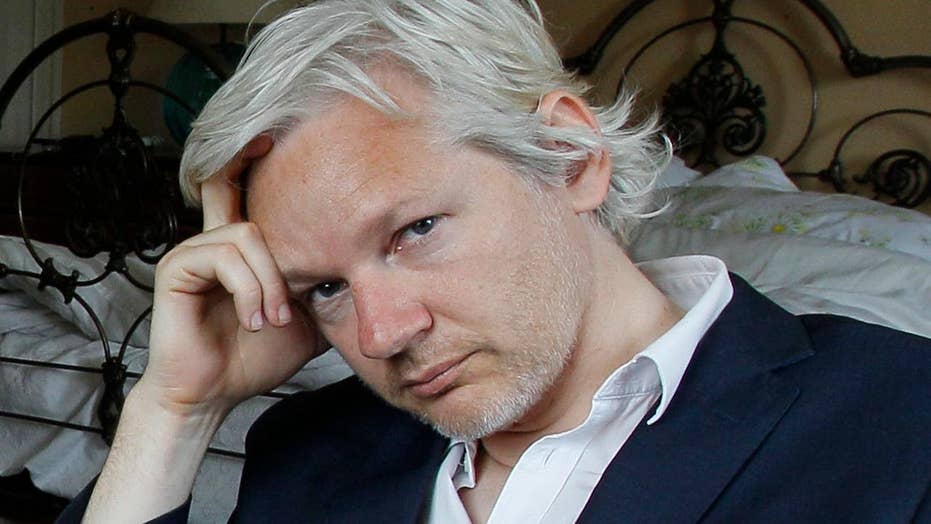Truth is an expectation, especially when it comes to the work of the press. The news that is disseminated through the public is supposed to be an accurate account of the current world and its workings. Whistleblowers are contributing to the knowledge of the public and the truth that is withheld from government officials, yet they are reprimanded for their addition to society.
Whistleblowers receive confidential information from sources working in the structure of government and leak that information to the masses. There are many well-known whistleblowers in today’s times which the public, press and their prosecutors disagree on their determined role - and whether it classifies as that of a journalist.
Defining a journalist should not be a difficult task. However, in today’s society as it was in the days of Margaret Blanchard, there seems to be a disconnect as to who and what can be deemed as “the press”; legally that is. The levels of protection under the Press Clause have proved to be a sticky situation which limits who and what can be protected in their work.
Julian Assange has been fighting an uphill battle for his own freedom due to his decision to inform the public of issues within the United States government. Through his work with founding Wikileaks and then using it as a platform for sharing government secrets, Assange is being held in containment for 23 hours a day with minimal outside contact with 18 charges filed against him by the U.S. Justice Department. Assange’s work with Wikileaks assigns him as a modern-day whistleblower. His contribution to the public’s knowledge has also cost him his life, which is quickly fading due to the conditions in which he is kept.

Throughout history it is evident that anyone classified as a Whistleblower is treated with a much harsher punishment than that of any journalist, which is not to say that journalists are treated fairly or humane. Their work is typically discredited and marked as a sort of unspoken treason. The public should be more aware of the impact these whistleblowers play in their lives and the consequences that generally ensue for them. It is time for individuals to dive deeper into their understanding of Assange, his work and his punishment; along with other whistleblowers who have similar stories.
The question remains – Is Julian Assange a journalist? Personally, I find that sharing information publicly, which will inevitably be knowledge that will benefit the greater good, is not necessarily a crime. Assange had a source for his information, Chelsea Manning, which he then chose to directly share as public records. I feel that the press side of things is complicated because he did not write an expose or article, he simply posted the incriminating evidence which happened to be confidential government information. However, citizen journalists share their opinions on blogs and websites daily and they are allowed their First Amendment rights. The argument that Assange does not fall under the category of press seems far-fetched and unfair.
This situation seems to boil down to the fact that the government desires full control and by keeping Assange contained, they currently hold all the power. It is time for the people to take that power back.
Comments
Post a Comment